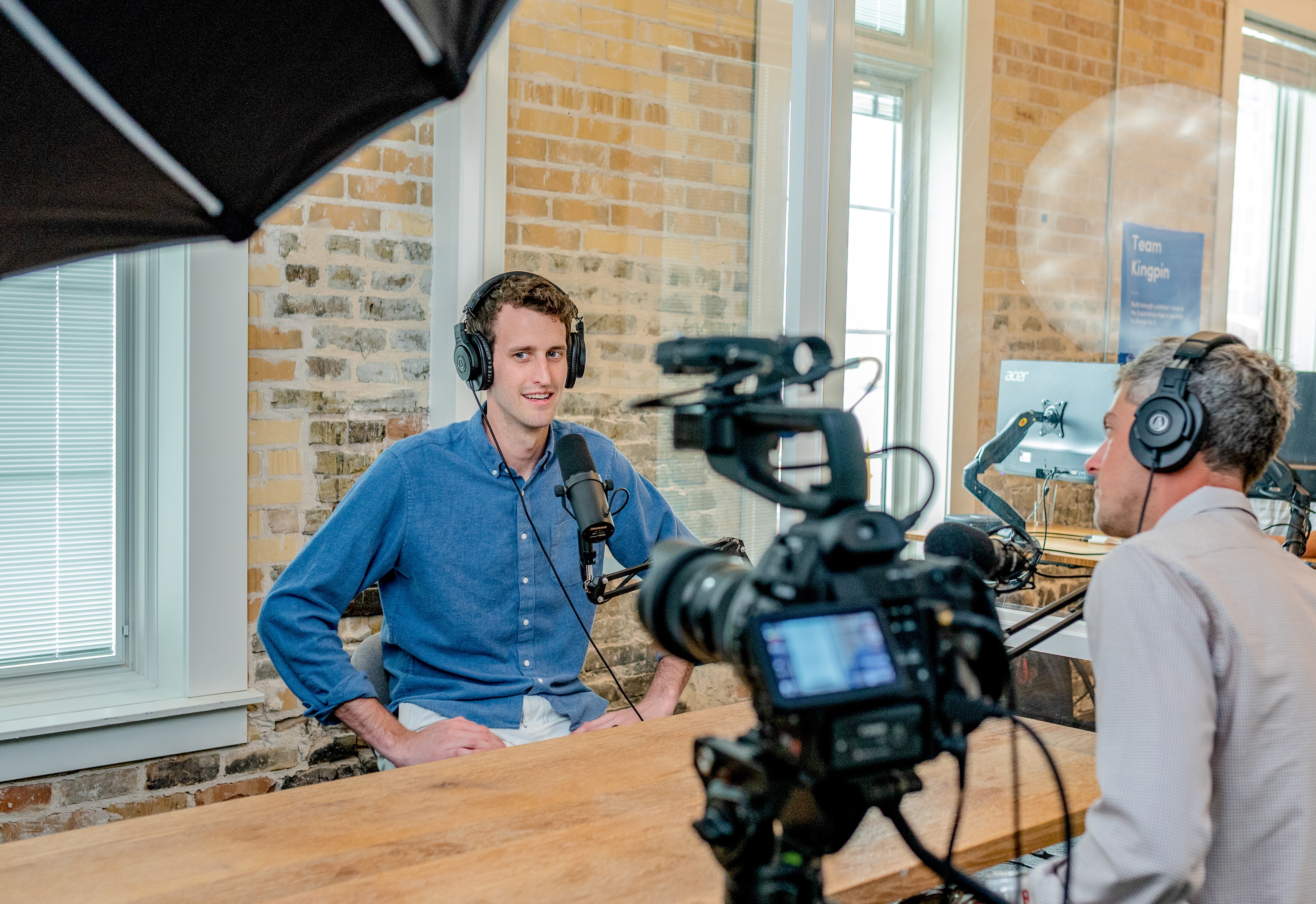3 steps to build engagement through virtual meetings
Hosting a virtual meeting or event can feel like a last resort in these uncertain times, but it doesn’t have to be a letdown. There are many ways you can use technology to connect people, present carefully engineered content and education, and still drive engagement and ROI. Virtual meetings are also more sustainable, and can even provide additional opportunities to design a two-way conversation. You can do this by engaging your attendees in a dialogue that starts before the event and continues afterward with tools such as polling, surveys, live Q&As and interactive exercises.
Quality is key
The key to designing an engaging, impactful virtual meeting or event begins with developing a three-part strategy driven by your objectives. First, ensure the quality of your virtual event is professional—that includes not only having a strong, reliable Internet connection and broadcast equipment, but also a skilled host, branded graphics and animations, and fluid transitions. Your audience should feel like they are watching CNN, not an amateur production.
Incorporate creative content
Second, develop strategic content to communicate with attendees in memorable ways. This could take the form of video and animations to enhance what’s being discussed or shown on screen. Remember, it’s easier for attendees to multitask when they’re watching from their home or office rather than physically present in a ballroom or classroom—so it’s critical to design experiences throughout your virtual event that will hold their attention and encourage them to participate.
Include a variety of hosts
Third, practice dynamic storytelling. Vary your voices by incorporating several remote sites in presentations, providing a diverse array of perspectives that will mimic the way an in-person event would flow.
When possible, your production timeline should begin at least six weeks out from your virtual event to ensure your storytelling, hosts and speakers, and technical specs are in order.


